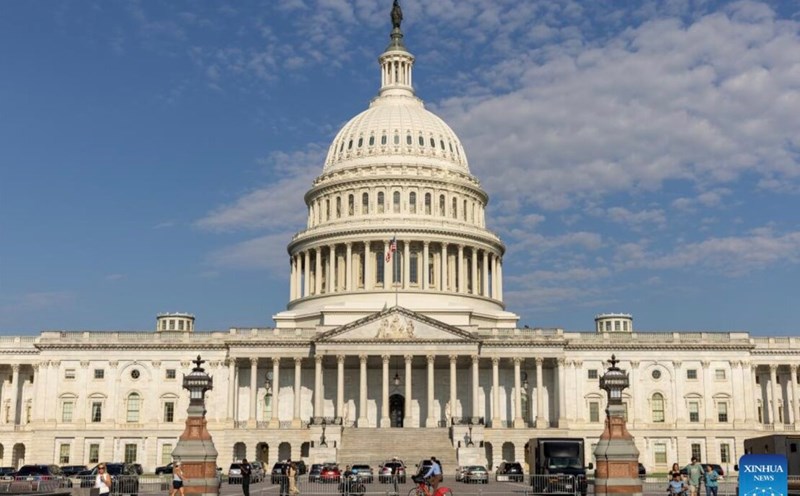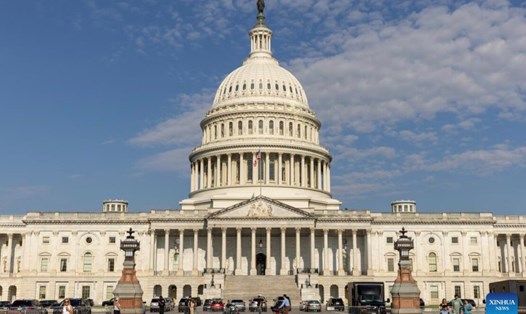The deadlock between the US Congress and President Donald Trump has lasted for 35 days, as of November 4, causing a series of federal programs to stop operating, from low-income allowances, US soldier salaries to airport activities.
The 2025 closure is equal to the record of 35 days of the 2018-2019 closure, during President Donald Trump's first term.
The new US fiscal year starts on October 1, but no law has been passed to budget these activities. Thousands of federal employees have to take time off or work unpaid, while about $1,700 billion in the government's self-determined spending fund, equivalent to about a third of the total annual US budget, is stagnant.
I am quite optimistic, said Senate majority leader John Thune, Republican, representing South Dakota, to reporters when asked about the prospects for ending the closure that has left many federal employees unpaid. However, when asked if he was confident the government would reopen soon, he replied: "Don't exceed expectations."
The latest comments are seen as a positive change in public comments after weeks of stress.
Based on my feelings and experience with these types of problems, I think we are getting closer to an outlet, Congressman John Thune emphasized.
Senator Dick Durbin, the Democratic No. 2 in the US Senate, agreed: I feel the same way. However, he noted: "We are still stuck at the main point, which is what to do with medical costs".
The Democrats also said that the government budget will be linked to an extension of the federal health insurance subsidy program, which is set to expire.
The chairwoman of the Senate Budget Allocation Committee Susan Collins revealed that the parties have made some progress, with the Democrats proposing specific terms to break the deadlock and staff groups of the two parties worked over the weekend.
This week feels more positive, she said, adding a warning: Everything can still break down at any time. I do not mean to say that an agreement has been reached."
Meanwhile, a group of bipartisan dovish lawmakers in the US House of Representatives also proposed a compensation plan. The US media reported that four moderate lawmakers, including three Republicans and one Democratic, have proposed extending the tax credit in the Affordable Care Act ( Obamacare) for another two years, but with a new threshold for those with high incomes eligible.
Since October 1, Republican and Democratic Senators have met separately several times to find a way to unblock the political deadlock that paralyzed Washington, but so far there has been no final agreement.
The US government's closure could cut billions of dollars in the country's economic output as unpaid federal employees have to cut spending and SNAP federal food subsidies have been suspended.











